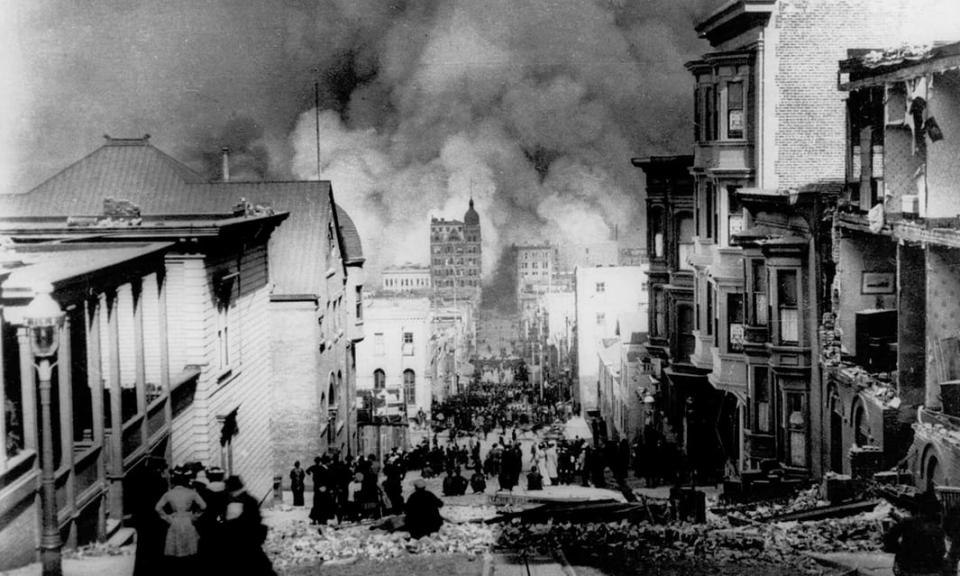Flames were still visible inside the charred shell of Grenfell Tower when the backlash to the backlash began. “Too much political point-scoring going on about the Grenfell Tower tragedy,” complained one user on Twitter, hours after news of the devastating fire broke. “To politicise Grenfell is completely wrong,” added another. “Anyone trying to make political capital out of Grenfell should hang their heads in shame.”
But politics, even in its narrow sense, is about governance and the distribution of power and resources within a community. Follow any of the threads behind the devastation at Grenfell, or those that have unspooled in its wake, and you tumble head-first into politics – raw, vital and fiercely contested. As David Lammy, the MP for Tottenham, observed: “If burning in your home is not political, I don’t know what is.”
For as long as humans have built cities, those cities have been shaped by fires – and their manner, victims and aftermath have always been inextricably bound up with the political order of their day.
“Fire … is a highly political phenomenon,” explain the authors of Flammable Cities, an academic survey of urban conflagrations and the ways in which they have legitimised and strengthened power, as well as undermined it. “Fires can shape and alter the way a city is governed, and they can be utilised to play off one part of the population against another.”
The political context of any fire starts with the systems put in place to prevent it, and the decisions regarding who, or what, is in most need of protection. The first large-scale fire-fighting force recorded was the Vigiles Urbani (city watchmen) of Ancient Rome, who were pressed into action during the Great Fire of 64AD – a disaster laden with political implications, from speculation over its cause (the Emperor Nero was widely rumoured to have ordered the torching of the capital himself) to debates over reconstruction in the city, two-thirds of which was destroyed by the blaze.
Over the centuries, different strategies aimed at avoiding urban fires have been used to entrench the autocratic nature of some regimes, or to showcase the supposedly enlightened and modernist credentials of others. In addition, the social background of those injured or displaced by fires has helped show the degree to which class, race and religion play a part in determining urban vulnerability.
....
